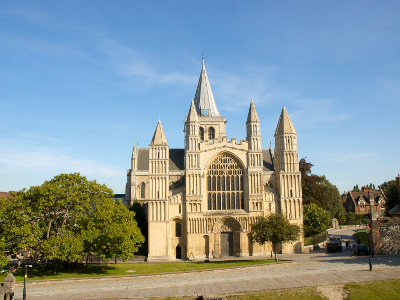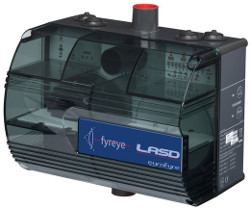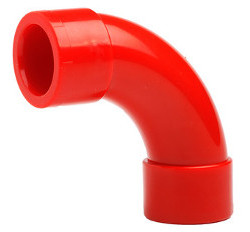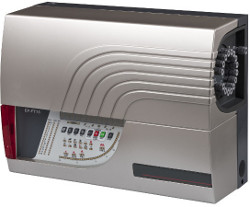
Historical sites, museums and religious buildings present unique challenges to the fire alarm system installer due to their cultural and architectural significance. In addition to bricks and mortar, these type of buildings often house priceless pieces of artwork and irreplaceable volumes whose loss or damage could be disastrous.
Any building pre-dating 1700 is usually automatically granted Grade I status, with Grade II* (two star) and Grade II status only being granted to buildings of significance built up until around the mid-20th century. Any structural changes to such buildings require special permission and care must be taken to sympathetically install new apparatus.
The Challenges
Period features such as ornate ceilings, balustrades, fireplaces and wall decorations challenge the installer to find clever ways to preserve the aesthetics of a building while adequately protecting contents and the building itself from fire.
Historical sites, museums and significant religious buildings often have limited space for equipment and access issues make installation, maintenance and testing difficult to carry out.
In addition to the aesthetic trials, buildings such as these often attract high numbers of visitors where loss of life could be considerable. Early warning is therefore paramount to ensure evacuation procedures can be carried out in a controlled manner. False alarms also need to be avoided at all cost as extinguishing materials can cause irreversible damage to fragile artefacts such as books.
The Solution: Aspirating Smoke Detection
As aesthetics cannot be compromised, ASD (aspirating smoke detection) presents the most suitable solution. Pipes can be hidden above ceilings, under floor boards and in wall cavities, allowing the installer to create discreet sampling holes which in many cases are imperceptible to the naked eye.
We’ve identified the following ASD products which are ideal for this type of application.
 EF-LASD
EF-LASD
High-sensitivity laser air sampling smoke detector for the protection of risks requiring class A, B or C design sensitivity. Rugged, compact and weatherproof, the EF-LASD is highly versatile and can be used for both general area coverage as well as localised protection. Optional harsh environment filter, water traps and pipework heater also allow this model to be adapted for areas with high dust levels, low temperature and water ingress.
Two models are available, the EF-LASD1 and the EF-LASD2, with 1 or 2 sampling pipes respectively (each up to 100m in length).
 EF-FT1
EF-FT1
Very early warning smoke detector with a 4-pipe, single manifold air sampling detector with an alarm sensitivity range of 0.001% to 20% obscuration/m. The EF-FT1 reliably detects smoke at a very early stage in high and low concentrations over an area of up to 2000m2.
EF-FT4 & EF-FT6
With all the features of the EF-FT1 with the additional ability to divide a protected space into 4 or 6 sectors, enabling faster localisation of fire and faster response.
 EF-FT15
EF-FT15
For more complex buildings, the EF-FT15 model allows up to 15 separate areas to be simultaneously sampled and monitored for the presence of smoke.
Unobtrusive 6mm microbore flexible tubing is used to send air sample to the detector without loss of pressure or risk of contamination.
Largebore Vs. Microbore
Once you’ve identified aspirating smoke detection as the best solution for your needs you may be asking yourself, largebore or microbore? Here’s a brief summary and the main benefits of each…
Largebore
Models: EF-LASD1, EF-FT1, EF-FT4, EF-FT6 |
Microbore
Models: EF-FT15 |
Every building is unique, for expert advice on which system is most suitable for the requirements of your project please contact us.
ASD in Other Applications
In addition to historical sites, museums and religious buildings, ASD can also be effectively used within many other applications, for example:
|
|
|
To find out more about aspirating smoke detection or any of the systems mentioned in this article feel free to contact Eurofyre on +44 (0)1329 835024 or by email to [email protected]. For all the latest fire protection news sign up to our newsletter using the form at the bottom of your screen or follow us online on LinkedIn, Facebook, Twitter and Google+.